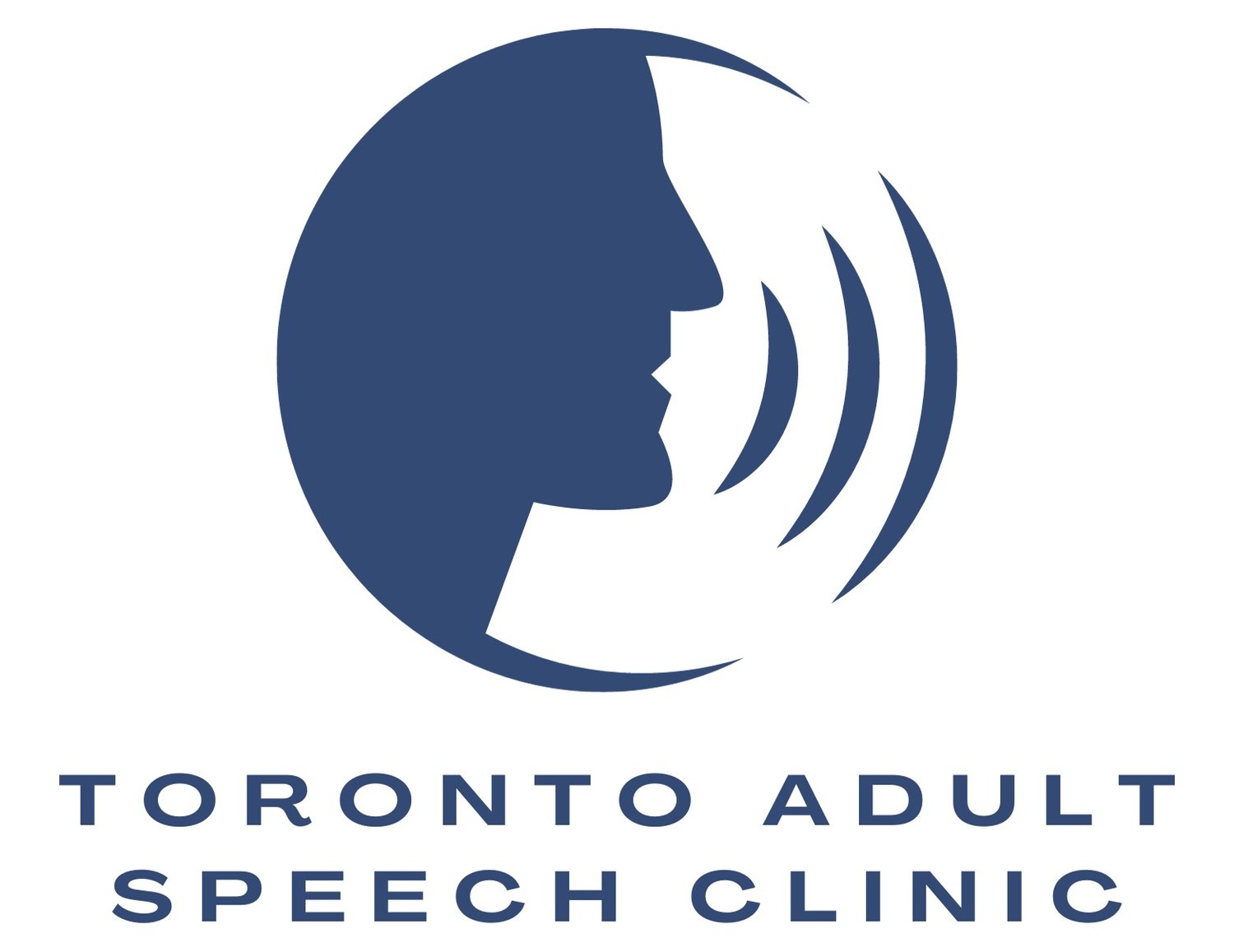Cover Your Knows
Cover Your Knows
Communicating in the time of COVID-19
We are living in an unfortunate time to be hit by this global health concern. Information- dressed up in fancy infographics, misquoted from scientific literature, or hilarious memes- dilute the truth and responsibility we all have to protect ourselves and prevent possible spread of infection and panic to those around us.
Communication is powerful- and misinformation has been a global pandemic long-before COVID-19 graced the scene.
This infection is novel, but the fact we should always be vigilant in infection control and prevention is not. Obviously, precautions like rigorous hand hygiene routines and immediate action/avoiding contact with others (particularly immuno- compromised individuals) when experiencing symptoms are critical to avoid spread of ALL infections. In addition, WHO and the Public Health Agency of Canada agree that secondary effects of overreactions or premature closures of gathering places (school, offices, etc.) can have detrimental societal impacts that can far outweigh infection risks if not properly and intellectually balanced.
Just like it is everyone’s responsibility to monitor their own well-being and maintain healthy infection control habits, it is each and every person’s responsibility to not just blindly share facts and infographics.
If you read a stat or piece of information- make sure it is properly referenced and reviewed. “Research says...” is NOT a reference (not even if it’s a general article on a scientific journal website) and spreading information on this generic pretence perpetuates misinformation. For example, many people quote or cite research on epidemic spread to support decisions surrounding the current situation. Do you know the difference between an epidemic in an area and a pandemic? Do you understand how this difference might impact the cost-benefit analysis of infection vs. societal/behavioural risks in a specific area? If not- maybe those stats aren’t the best choices to post or highlight. Additionally, not all research is created equal- there is a lot of poorly done research out there and it is difficult for people who do not have science or research backgrounds to evaluate this on their own.
The bottom line is this: Seek information from healthcare specialists, WHO website, and your country’s public health professionals. The uneducated but passionate “expert” will do nothing but foster fear-mongering and a lack of accountability for each one of us to evaluate the information as it pertains to our individual circumstances.
From a communication perspective, communicating supportively and rationally will empower people to hold themselves more accountable rather than react in fear from inflated or misquoted facts or statistics.
On a personal note- as the owner of Toronto Adult Speech Clinic, I have made the decision to switch exclusively to telepractice. This way, everyone can stay healthy and you can maintain your communication goals from the comfort of wherever you are. For more information about our Telepractice services, please click here.
Updates will continue to be available on the TASC website as well as all social media platforms. If you have any questions, please do not hesitate to contact us. You can also access updates from the WHO and the Public Health Agency of Canada.

